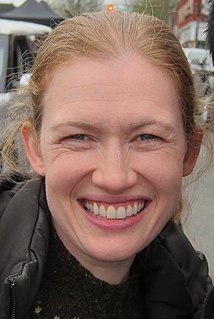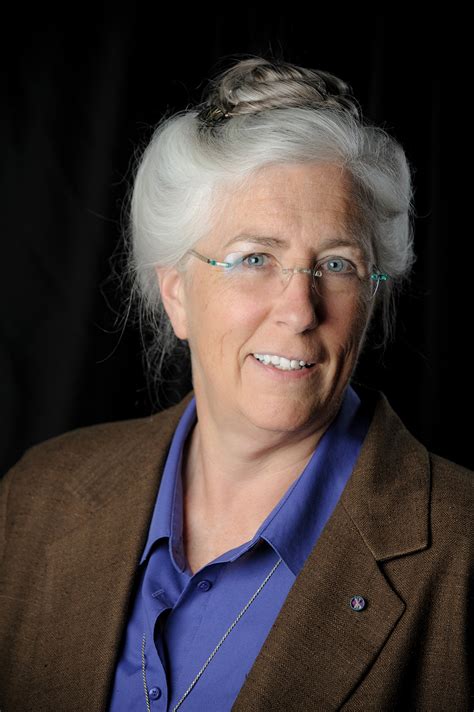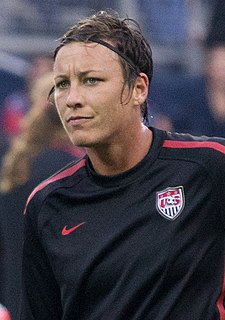A Quote by Ira Sachs
Suspense films are often based on communication problems, and that affects all of the plot points. It almost gives it kind of a fable feeling.
Related Quotes
They call it collective energy. It's that same feeling that you get when you meditate amongst a ton of people. What actually makes the festival feel so special is that while you're watching a band or an artist, you're standing there, kind of feeling the same feeling with so many people in such a small space and that gives you collective energy. It's that kind of strange feeling in which you almost feel people breathing.
"Free markets" is a very general term. There are all sorts of problems that will emerge. Free markets work best when the transaction between two individuals affects only those individuals. Most often, a transaction between you and me affects a third party. That is the source of all problems for government. That is the source of all pollution problems, of the inequality problem. This reality ensures that the end of history will never come.



































